Jobs requiring that you stand for long periods are bad news for good vein health.
Technology advances and increased productivity demands now require that many warehouse workers stand in one place for hours without an opportunity to walk. Physically demanding, manually repetitive, and often under the stress of meeting quotas, output has accelerated to unprecedented levels.
The result has been disastrous for the vein health of these laborers.
We spoke to Center for Vein Restoration (CVR) vein doctor Soohyun Kim, MD, RVT, lead physician at the CVR clinic located in Phoenix, Arizona, about the dangers that warehouse workers—especially those who stand or sit for extended periods on the job. Dr. Kim shares her extensive knowledge in managing venous insufficiency (vein disease) and provides information about what employees (or anyone!) can do to reduce their on-the-job risks.
“Any job that involves prolonged standing or sitting, without an opportunity to walk, places someone at higher risk of developing venous insufficiency.” – Dr. Soohyun Kim
How does someone’s job contribute to vein disease?
Like you, veins have a job to do! Inside the veins, tiny valves open and close, serving as traffic cops that keep blood flowing in one direction—upwards. These hardworking blood vessels return oxygen-poor blood to the heart from the legs against gravity.
Dr. Kim explains that blood can leak backward when the valves become damaged or weakened due to several factors, including aging, a sedentary lifestyle, or standing or sitting for extended periods. This condition is called chronic venous insufficiency (CVI).
CVI is a progressive disease that will get worse and not go away on its own. The earlier CVI is diagnosed and treated, the better your chances of preventing serious complications caused by this improper functioning of the vein valves in the leg(s), such as:
- Varicose veins
- Swelling of the legs and ankles
- Tired, achy, tender, or restless legs
- Skin changes on the legs, such as a leathery appearance or reddish-brown coloration
- Flaking, itchy leg skin
- Open sores (ulcers) that are slow to heal or don’t heal
What jobs put you at risk of varicose veins?
Dr. Kim emphasizes that warehouse and factory line workers aren’t the only people whose occupations put them at risk of vein disease due to prolonged standing with little opportunity to walk. Walking activates the pump-action of the calf muscles, which boosts circulation and stimulates blood flow back to the heart against gravity.
Other workers required to stand without an opportunity to walk include hairdressers, line cooks, teachers, pharmacists, massage therapists, surgeons, and occupational and physical therapists.
Why do some workers who stand on their feet all day develop varicose veins and others do not?
Dr. Kim refers to the causes of vein disease as “multifactorial,” meaning that many reasons
other than standing for long stretches can contribute to a person developing varicose veins and vein disease. For example:
Genetic predisposition. Vein disease tends to run in families. Studies show an individual has a 40 percent chance of developing varicose veins if one parent has vein disease and a 90 percent chance if both parents have this trait. Almost 50 percent of people who seek treatment for varicose veins have a family history of vein disease.
Advanced age. Aging causes wear and tear of the leg valves responsible for proper blood flow. When these valves malfunction, blood can flow backward and pool in the lower leg, causing veins to stretch and twist.
Being female. Female hormones such as estrogen and progesterone cause the muscles that control blood circulation to relax and may be partially responsible for why women are twice as likely to develop varicose veins as men.
Pregnancy. Pregnant women experience an increase in the amount of blood in their bodies and higher blood pressure, thus increasing their risk for developing varicose veins. The good news is that pregnancy-related varicose veins often go away on their own within months after delivery. The bad news is that women with a family history of varicose veins or who have had varicose veins during previous pregnancies are at a higher risk of developing painful, bulging veins.
Having worked multiple years on one’s feet. “The longer a person works in a ‘standing’ occupation, ten or twenty years, the more likely vein valves will fail to push the blood up,” estimates Dr. Kim. Pressure increases in the lower limbs, and the person develops swelling and varicose veins.
Dr. Kim concludes by saying that the more of the above risk factors one has, the more likely they are to develop vein disease.
Can work-related varicose veins go away without treatment?
“Once you develop varicose veins, they will not go away on their own,” Dr. Kim states. This remains true, even if the worker stops doing the job that requires a great deal of standing without walking, she adds.
“Having varicose veins is a sign that you have chronic venous insufficiency. You know that the underlying vein valves have lost their ability to push blood up to the heart against gravity. Treatment is needed to restore healthy blood flow and delaying treatment may worsen the condition.”
– Dr. Soohyun Kim
Tips for healthy veins on the job
Prevention
Dr. Kim stresses that preventive measures can help anyone who stands on their feet for long periods keep their veins healthy and circulation flowing freely:
Get vein treatment
The only way to eliminate diseased veins is to have them diagnosed and treated by a physician specializing in vein care. Center for Vein Restoration is the nation’s leader in the diagnosis and treatment of venous disorders, consistently achieving a 98 percent patient satisfaction rating.
CVR provides state-of-the-art treatment plans customized to every patient’s unique needs and insurance requirements. Our physicians are experts in modern treatment modalities that are minimally invasive and performed as an outpatient in a comfortable office environment.
How to schedule with a vein doctor
Does your warehouse or line-worker job require you to stand for long periods? Are you concerned that your job could put you at risk of vein disease, including painful varicose veins? Scheduling an appointment with Dr. Kim
in Phoenix, AZ, or any other of CVR’s 100+ locations nationwide is easy.
Call 240-965-3915 to speak with a knowledgeable Patient Services Representative, or schedule online HERE.
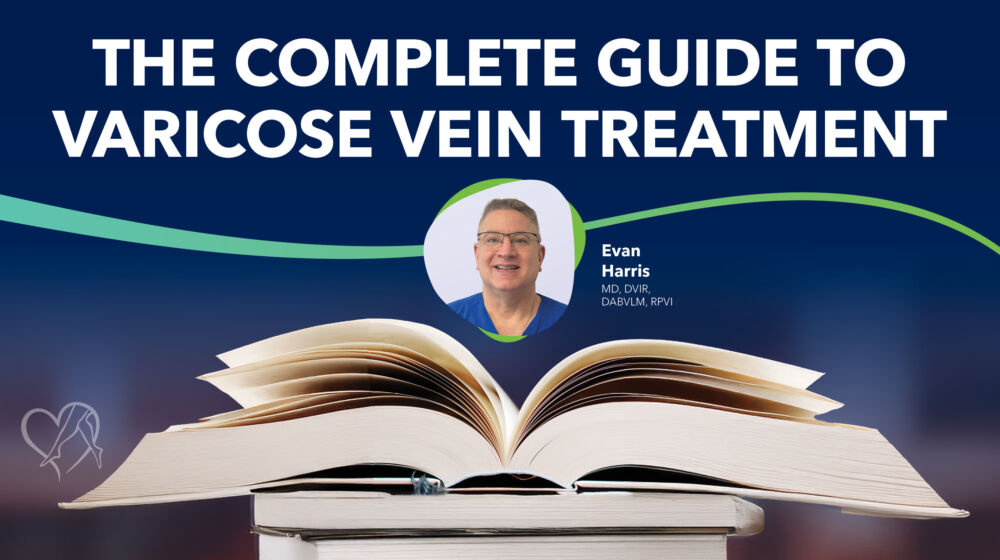
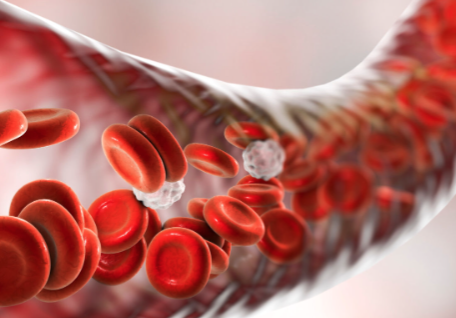 About Vein Disease
About Vein Disease
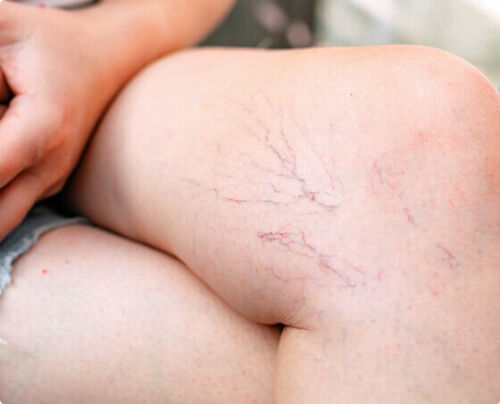 Spider Veins
Spider Veins
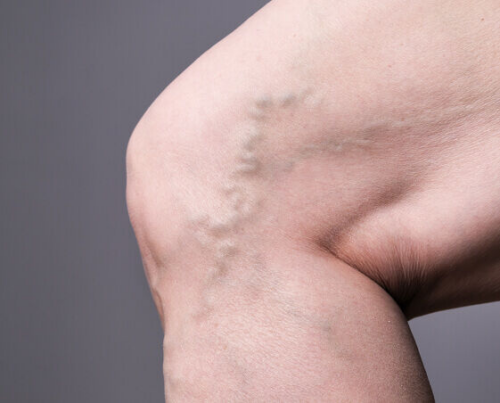 Varicose Veins
Varicose Veins
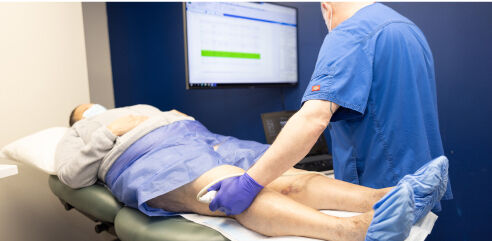 Vein Disease Treatments
Vein Disease Treatments
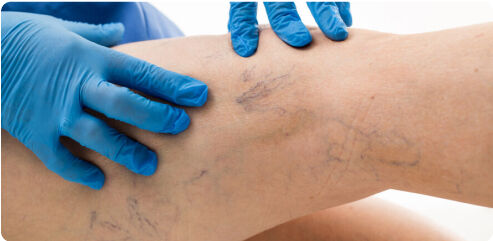 Treating Spider Veins
Treating Spider Veins
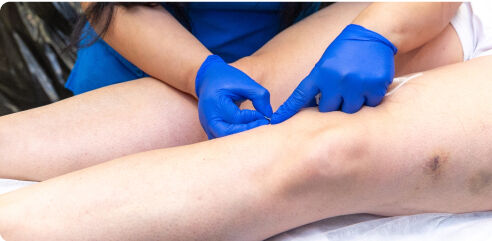 Treating Varicose Veins
Treating Varicose Veins
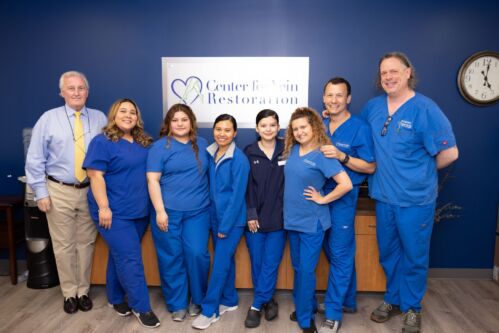 About Us
About Us
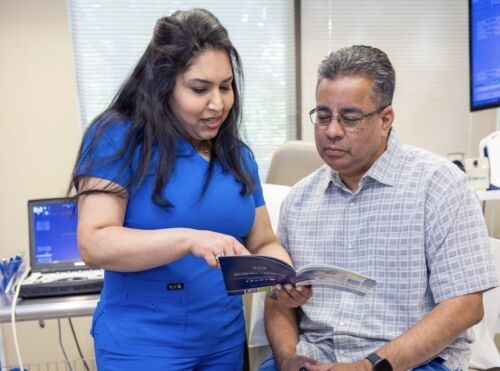 Patient Resources
Patient Resources
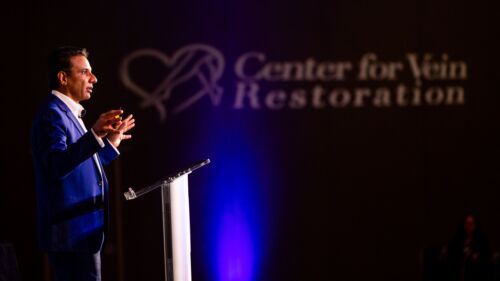 Physician Resources
Physician Resources


